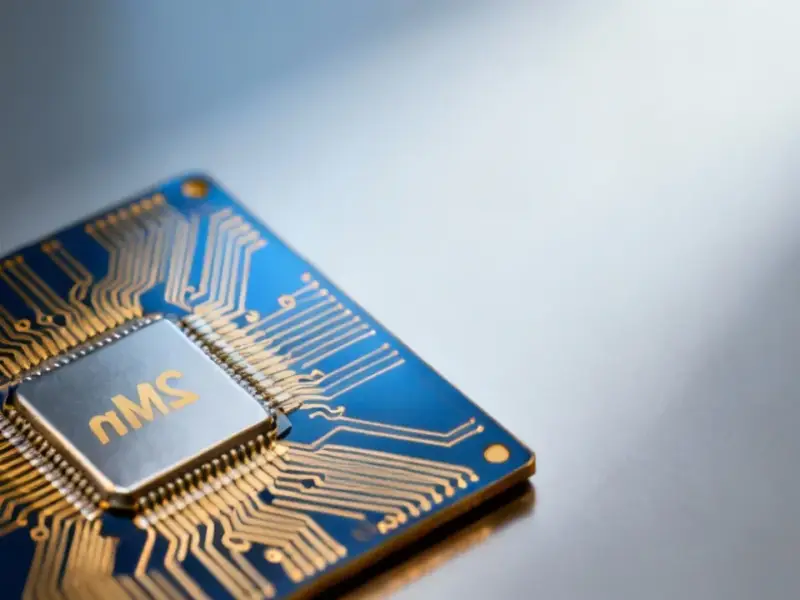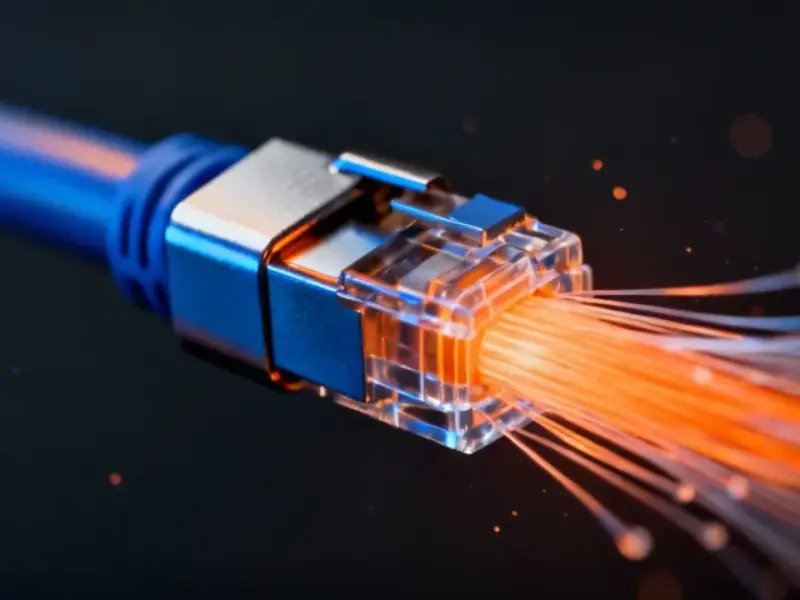Zuckerberg’s AI Dodge: Meta’s Long Game Tests Wall Street’s Patience
Meta’s revenue jumped 24% to $59.9 billion last quarter, powered by AI-boosted ads. Yet on the earnings call, Mark Zuckerberg offered few details on the company’s costly AI reset, instead asking investors to trust the “trajectory” of releases coming in 2026.









